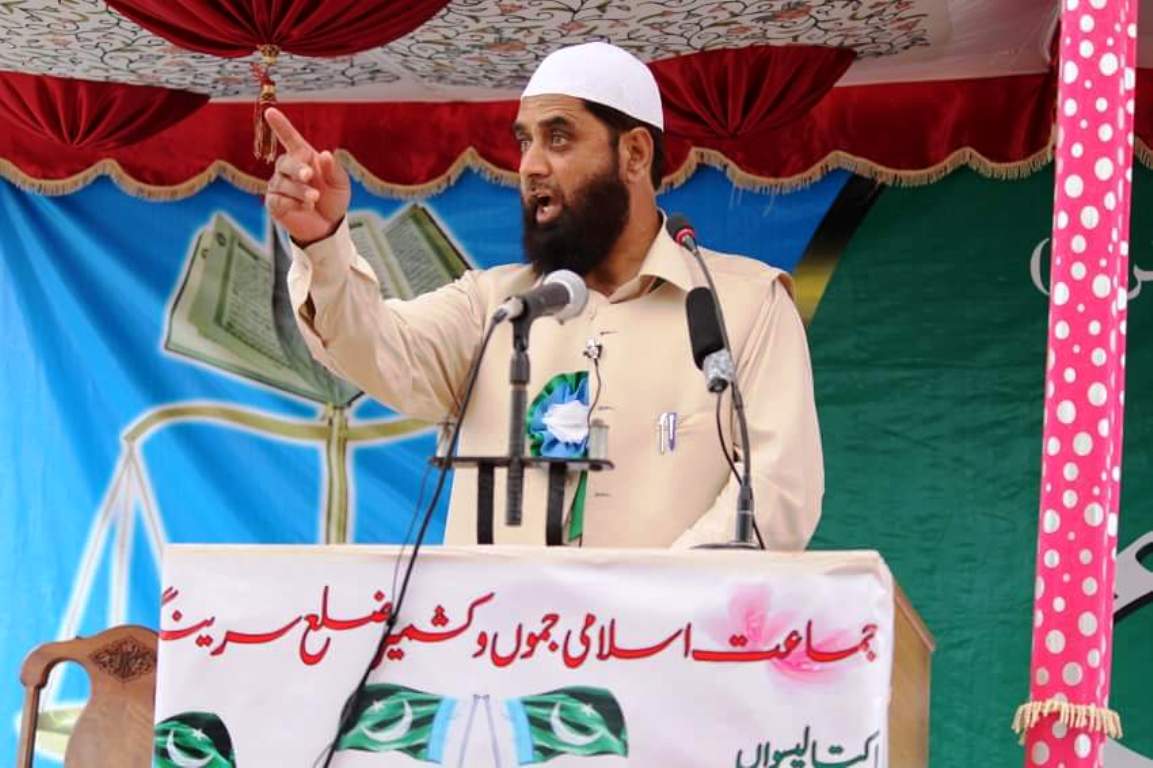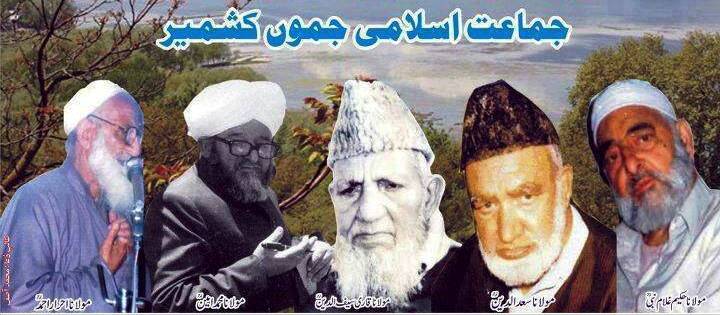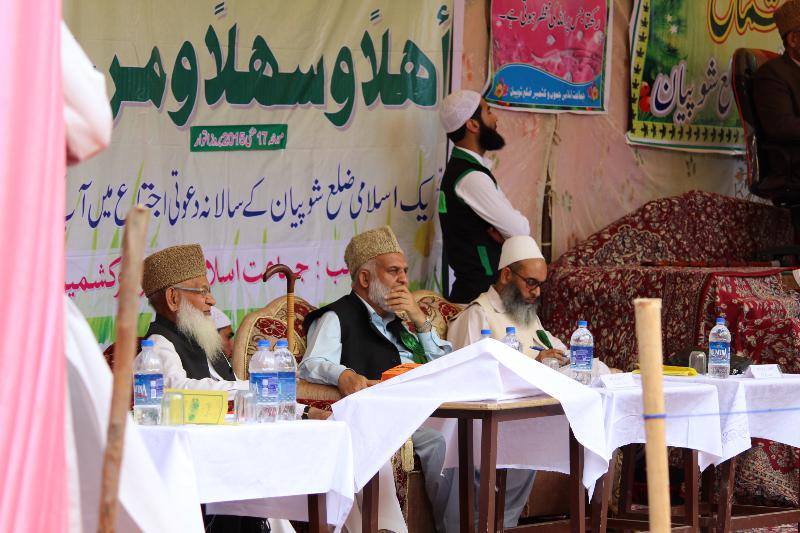by Junaid Wani
A Kashmiri suicide bomber, named Adil Dar killed more than 40 CRPF men on February 14, 2019. This eventually brought India and Pakistan to war, and each of the countries bombed the other. The international diplomacy was activated both by India and Pakistan to de-escalate the heightened tension.

In this entire episode of two weeks, much has been talked about India and Pakistan but the story of Kashmir continues to remain untold. It was a Kashmiri boy who proved his potential to create a war and shake the world from Arabs to Americans, thereby threatening peace in South Asia.
In his de-escalation speech, the Prime Minister of Pakistan, Imran Khan announced the release of the captive IAF wing commander Abhinandan Varthaman, and thus cooled the high tempers at the border.
Will the escalation happen again? Yes, said Khan. In his National Assembly speech on February 28, 2018, he expressed his fears that another Pulwama type bombing may lead to similar escalations and yet another war like situation. He called for a debate on Kashmir to de-escalate war in the long run.
Khan referred to Einstein’s definition of insanity while saying that doing the same thing over and over and expecting different results is madness. He asked India to introspect her failure of resolving Kashmir crisis via the one-dimensional approach of use of muscle power doctrine. He argued that if India continues with the use of excessive force against Kashmiris, the reaction may repeat the Pulwama like attacks, bringing two nuclear powers to yet another disastrous collision.

Only hours later, Delhi ordered a five-year ban on the Jamaat-e-Islami, one of the largest cadre based religious and socio-political organisation in Kashmir for “indulging in activities, which are prejudicial to internal security and public order, and have the potential of disrupting the unity and integrity of the country”, and for presumably for being in “close touch with militant outfits and supports extremism and militancy in Jammu and Kashmir”. This way India rejected Khan’s suggestion for engaging Kashmir in a different way. India chose to stick to its policy of hard power.
The banned organization, Jamaat e Islami, Jammu and Kashmir is not a terror outfit. It is a religio-socio-political organisation and a household name in Kashmir. It has massive ground support that spreads to every nook and corner in the state. In fact, besides the National Conference, Jamaat is the only organisation that has associates in almost every village and township. It has a massive social service network wherein it feeds the poor in thousands and arranges livelihood to the victims of the conflict. The organisation runs over 350 schools and over 1000 learning centres where they educate people and enable them to become skilful and earn a job. Millions in Kashmir have studied in Jamaat managed schools and earned jobs in the government. Even the secretariat of Governor has employees having passed through the Jamaat established schools, which after 1972 are being run by an independent and government registered trust named Falah e Aam Trust (FAT). The dependents on Jamaat’s social support and the students and employees from FAT schools form a wider support base for the organisation.

Jamaat may have only 3000 members on paper, but the extended support base that runs over one lakh families will always remain in its favour. The coercive measures cannot kill Jamaat in Kashmir; this is already an established fact in history. The government of India failed to eliminate Jamaat in 1975 and in 1990 when the organisation was banned and its structures were dismantled. Jamaat survived and will survive this ban too. The bans only strengthen the ideological organisations and earn them more sympathy in an undemocratic setup.
Jamaat has participated in electoral politics. It has expressed its faith in democracy. But it was the government, which rigged the elections and continued with fraudulent means that compelled Jamaat to stay away from elections. Gun came to Kashmir because of the failure of the state of India to engage with dissenting voices in fair democratic ways. India always opted for cultivated political actors to stay relevant in Kashmir. The popular sentiment was ignored and left over to aggressive posturing. Jammat is the harbinger of political dissent and it will remain active in the political over tunes for all times to come.
It is true that in the 1990s, Jamaat played a role in militancy and was banned thereof, however since 2000 onwards there is no evidence to associate Jamaat with militancy. Hizbul Mujahideen, the indigenous militant group is working independently and takes its own policy decisions. Jamaat people join their funeral prayers as do the other thousands and thousands in Kashmir. This has nothing to do with Jamaat’s patronage of Hizbul Mujahideen. Notably, Jaish e Mohammad that is blamed for Pulwama attack has no connection with Jamaat, it is an offshoot of Deobandi school of thought.
When Delhi has decided to ban Jamaat, it means that Delhi wants more militants in Kashmir. The message is clear that either be a pro-India or be a militant, there is no middle ground in Kashmir. India has failed to respect the peaceful political engagement. India jails Hurriyat leaders, books them under safety acts, closes mosques and hunts down the youth, and all this is now new. Hundreds of days have passed in the same way, and India has earned nothing but the more reactionary response from Kashmiris.
What is more disturbing is the loss of control on the youth. Jamaat had successfully managed to convince youth to stay away from ISIS type mindset. Jammat ensured that Kashmir is a political dispute and not a matter of global Khilafah. Jamaat has its religious ideology, but it maintained that Kashmir problem is rooted in politics than religion. The ban on Jamaat will offer easy constituency for ISIS type radicalisation. ISIS will not bomb CRPF alone; they have a history of bombing masses irrespective of any political or religious concessions. Can India afford ISIS type radicalisation in Kashmir? Kashmir cannot.
The lesson from Pulwama attack is that the militancy in Kashmir has the potential to bring two nuclear powers at war. If the ban on Jamaat ends up leaving thousands of youth in a state of dilemma and creates a new line of bombers, it would be a disaster for the subcontinent. It will go beyond the control of two neighbours and will be a threat to peace in the subcontinent.

The decision to ban Jammat is not only repressive, unconstitutional and undemocratic; it is a monumental miscalculation by the Narendra Modi government. The theory of Ram Madhav that “if a Kashmiri is misguided, lead him; if he is mischievous, punish him; if he is treacherous, banish him, but instil India in him” is reflective of arrogance and gross neglect of the needs for peace. Banishing, bombing and forcing nationhood is the fascist idea and fascism is destruction by its core. If RSS thinks that bans help, then it is sheer ignorance of its own history and deliberate denial of modern-day political practices of democracy.
The ban on Jamaat will challenge the wisdom of Jamaat leadership to remain peaceful and political. It will question the central dogma of Jamaat through which it had convinced thousands of people to engage in a constructive manner. By declaring Jamaat unlawful, thousands of widows and orphans will lose the basic support for livelihood, poor children will lose an option for education, and the peaceful political dissent will lose its relevance. The anti-India sentiment in Kashmir will deepen and alienation will gain a foothold for another long term.
It is said that the mainstream organisations will earn out this ban by selling their brand of politics against Governor’s rule. Factually, that is not going to happen. The coercive environment around may help in conducting elections, they will not help in creating a democracy. A political environment where sentiments are labelled terrorism, decades-old parties are banned, political workers of adversaries are jailed, even if the assembly seats are filled, the peace will continue to be a casualty. Electoral politics merits appreciations only if the stage is open for all dissenting views, prisoners are set free and political thoughts are debated, otherwise, Hitler was also an elected leader.


If Narendra Modi has banned Jamaat under an Islamophobic trend and to earn votes of anti-Muslim Hindu constituency in the upcoming parliamentary elections in India, then it is yet another day of sorrow for Republic of India and a dismal repeat of the hanging of Afzal Guru by the Congress Government in 2014.
I would strongly argue for the lifting of the ban on Jamaat on an urgent basis and give Kashmir a breathing space for politics. Bans cannot resolve the Kashmir crisis.
(Author is a Kashmiri Doctoral Student at Anadolu University, Turkey. Ideas expressed in this essay are personal.)















